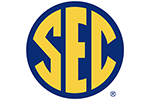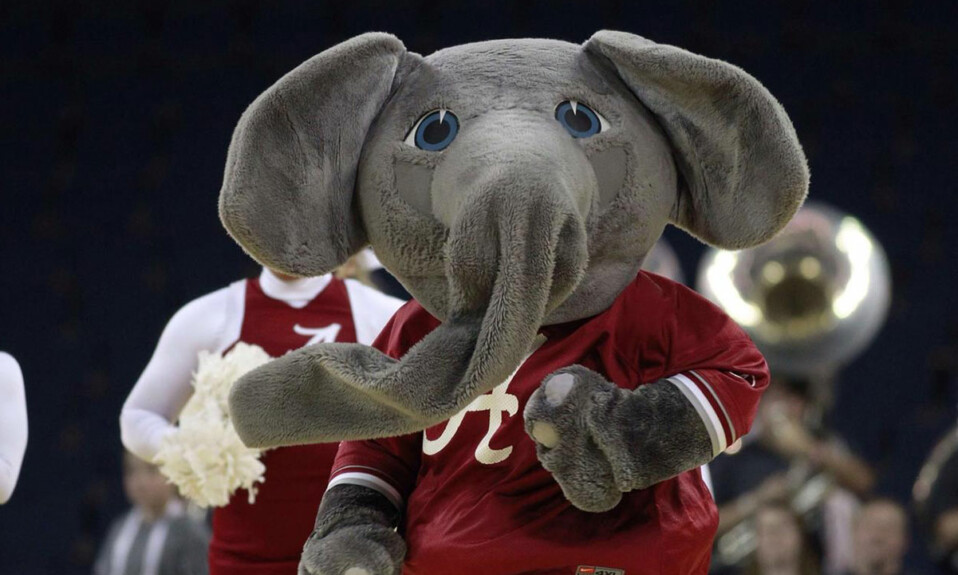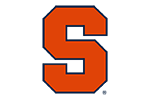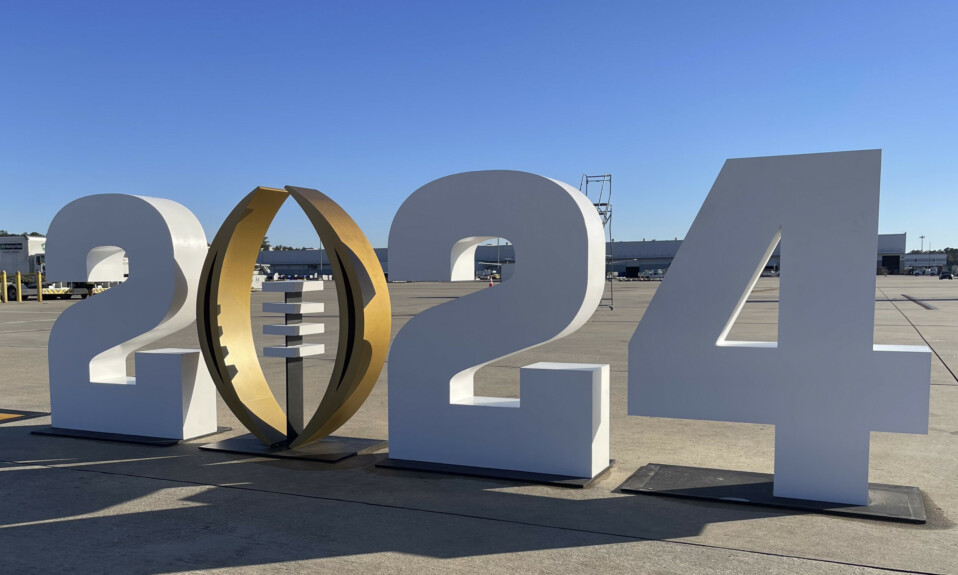A federal judge granted a preliminary injunction Friday in the Eastern Tennessee District, and it results in the NCAA being prevented from enforcing its rules surrounding name, image and likeness.
According to multiple reports, U.S. District Judge Clifton Corker made the decision to grant a preliminary injunction that will last the duration of the Tennessee and Virginia lawsuit.
READ: ‘I’m in the game’: CFB players share their participation in upcoming EA Sports ‘College Football 25’
Corker stated “the NCAA’s stance likely violates antitrust law with Congress so far unwilling to give the association an exemption,” according to Teresa M. Walker and Ralph D. Russo of The Associated Press.
It’s a decision that will likely shake up the college football world for the time being, at least the time it takes for the Tennessee and Virginia lawsuit to complete.
And it’s a monumental decision that will, for now, likely have an impact on recruiting. Because of the hold on the NCAA’s ability to enforce its regulations surrounding NIL, the possibility of third parties reaching out to recruits about possible NIL deals becomes more of a reality.
The NCAA is expected to appeal the decision, according to the AP.
READ: Reports: CFP discusses 14-team Playoff possibilities
The attorneys general of Tennessee and Virginia filed a lawsuit Jan. 31 in response to the NCAA launching an investigation into the Volunteers’ program over NIL violations, and they’re challenging the NCAA’s rules over the prevention of NIL compensation in the recruitment of college athletes.
According to Pete Thamel of ESPN, the NCAA stated after the preliminary injunction that “the NCAA fully supports student-athletes making money from their name, image and likeness and is making changes to deliver more benefits to student-athletes but an endless patchwork of state laws and court opinions make clear partnering with Congress is necessary to provide stability for the future of all college athletes.”
READ: Alabama announces JaMarcus Shephard, Nick Sheridan join offensive coaching staff
NCAA president Charlie Baker told ESPN “the restriction on recruiting inducements was written because the association wants athletes to choose their future schools based on the best educational opportunities rather than where they could make the most money,” according to Dan Murphy of ESPN.
According to the AP, the NCAA is defending at least six antitrust lawsuits. This latest one remains integral to the application of one’s NIL, and it could be one that impacts the foundation of the NCAA itself.






